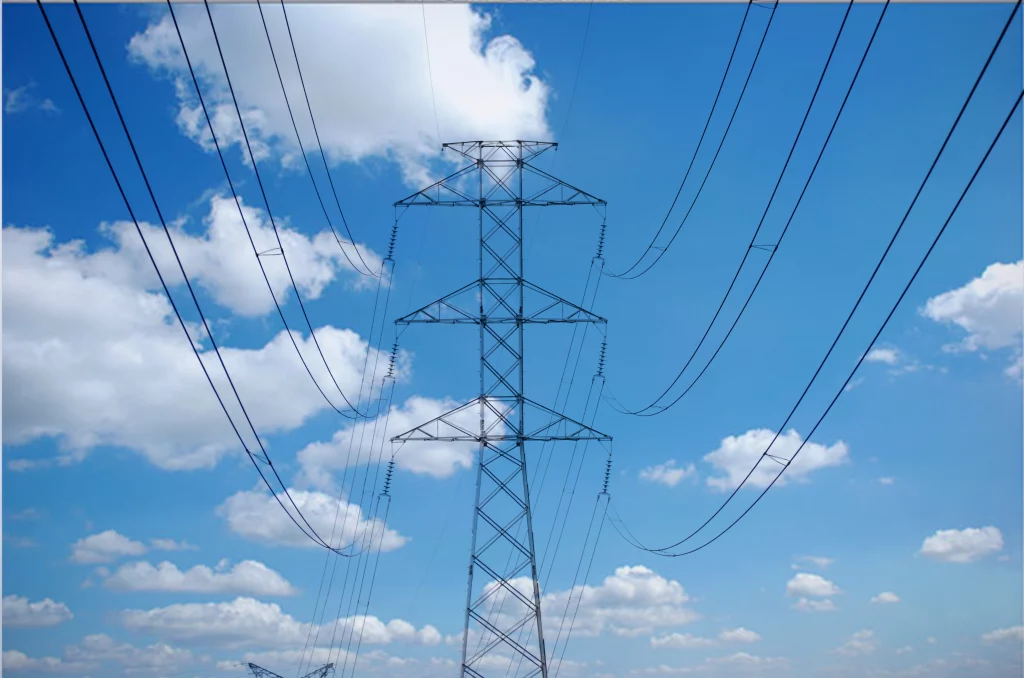Power system studies vary significantly In each design process depending on the purpose of the project. It would be better to have a complete study on your project rather than having missed one or two when audited. Several power system studies may be combined into A single report if having a single stand-alone document is not essential. The most commonly used studies are:
- Cable Ampacity
- Calculates the ampacity or operating temperature of cables.
- Voltage Drop
- Calculates the system voltage levels and the impact of a motor starting.
- Protective Device Coordination
- Plots the time-current curve at specified values for each protective device applied on the power system. Prints a one-line diagram of the associated portion of the system on the coordination curve for the plotted devices.
- Motor Starting Torque / Acceleration Time
- Using motor and load inertia and torque values, calculates the motor voltage and torque values during the accelerating period, and determines the overall starting time of a successful motor start.
- Earthing and Lightning protection Study
- Determines step and touch potentials and to identify hazard locations and provide design solutions.
- Transient Stability
- Calculates the response of dynamic loads to various system disturbances and to determine any unstable operating conditions requiring load shedding or other corrective measures.
- Harmonic Analysis
- Determine harmonic producing loads on a system and evaluate possible mitigations, i.e. harmonic filters.
- Reliability / Availability
- Determine failure rates and outage duration times for electrical equipment using statistical data to evaluate if redundant systems are necessary.
- Fault Analysis
- Calculates fault duties at every system bus to identify and select devices short-circuit capability.
- Load Flow
- Calculates the system steady-state conditions for both dynamic and static loads, and investigates various operating modes.
- Lighting Design
- Determines th e correct illumination levels for each task or area.
- Generator Sizing
- Using data for equipment availability to determine the size of generator for prime or standby power requirement.
There might be some other studies that I have missed but I am confident that I have listed most of it.

Comments are closed.